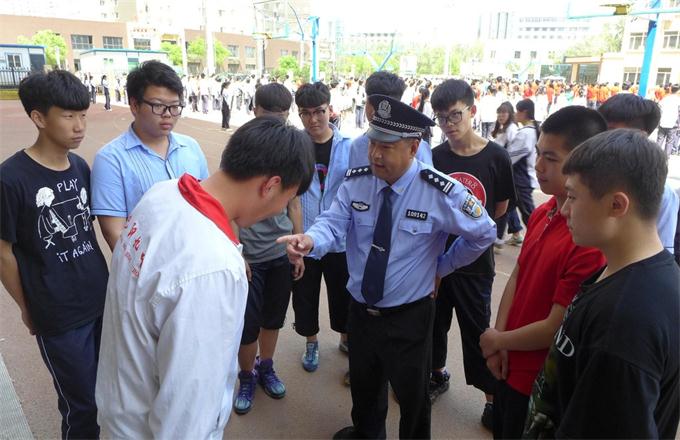Student labor shows dark side of e-commerce
 |
|
An online shop owner arranges goods at a logistics park in Qinhuangdao, Hebei province, Oct 31, 2016. [Photo / VCG] |
Some 240 vocational school sophomores?majoring in transportation management in Xi'an in Northwest China's Shaanxi province were reportedly sent to a local express company as interns, but all they did was sort packages. Southern Metropolis Daily commented on Monday:
Assigning students to work for an express delivery company for 10 hours per day for whatever reason violates their legal rights. Needless to say their daily wage was very low, just 10 yuan ($1.45). It is not hard to guess that the express company was overburdened by the Singles Day shopping gala on Nov 11.
According to relevant regulations on the internship of vocational school students, they are entitled to at least 80 percent of the pay they would get during probation. The Xi'an sophomores deserve much more than 1 yuan an hour. And it is likely that the school grabbed a notable share of the interns' wage and thus forced them to get only 1 yuan an hour.
That the students can be exploited in this way, to some extent, reveals a dark side of China's flourishing e-commerce industry. Most delivery workers are underpaid. It is estimated that the monthly wage of over half of the couriers is between 2,000 yuan and 4,000 yuan, and only very few of them can make 8,000 yuan or above.
In other words, the prosperous e-commerce business is partly built on low labor costs, which cannot last long. Recruiting student interns to sort or deliver parcels is nothing more than a makeshift solution to the foreseeable struggle of the delivery companies in the face of rising labor costs.
The use of cheap student workers is a life-saving clutching at straw for some companies. But while it may help the continued survival of these enterprises, it does not benefit the economy in the long-run as it is trying to bring an end to the over-reliance on the low-end labor business model.

























